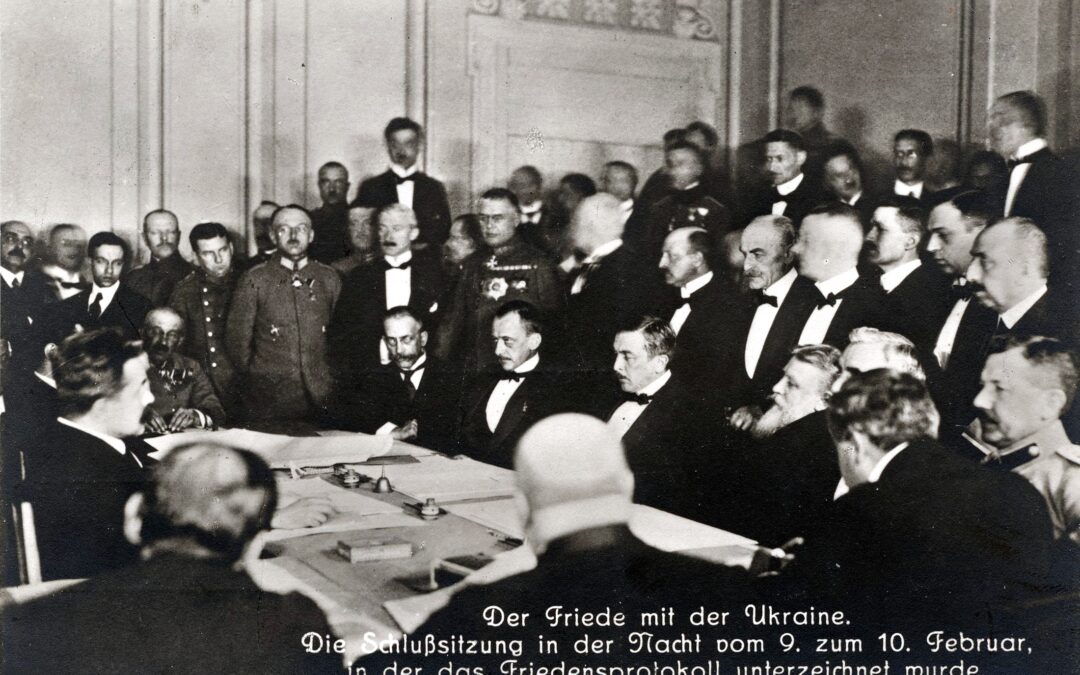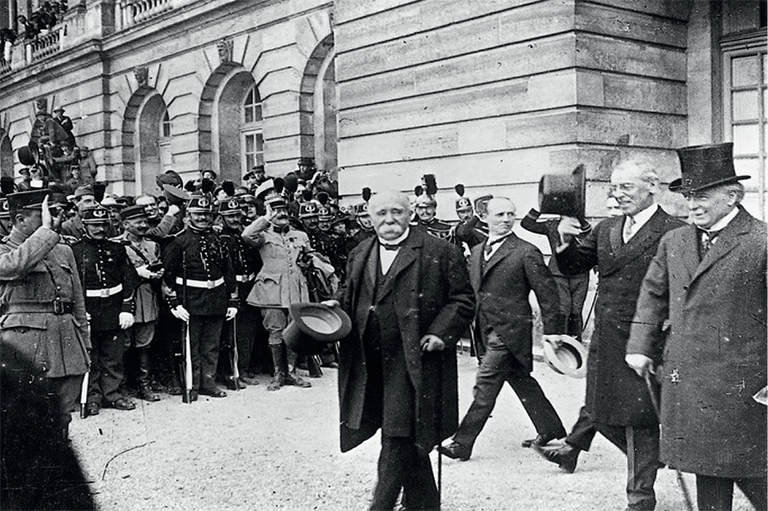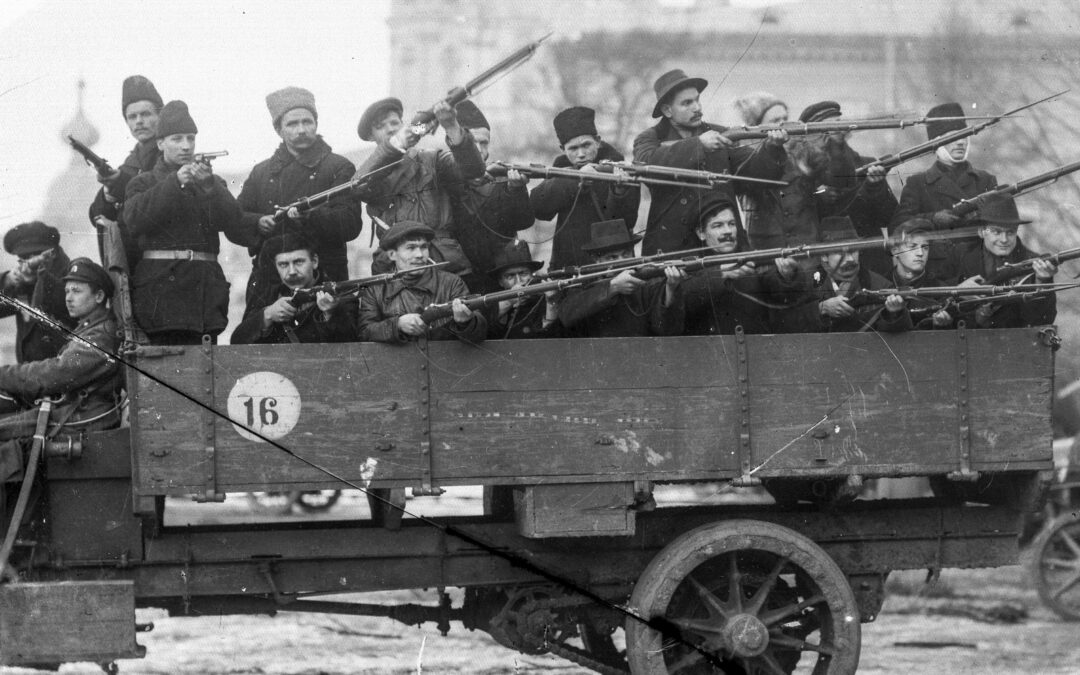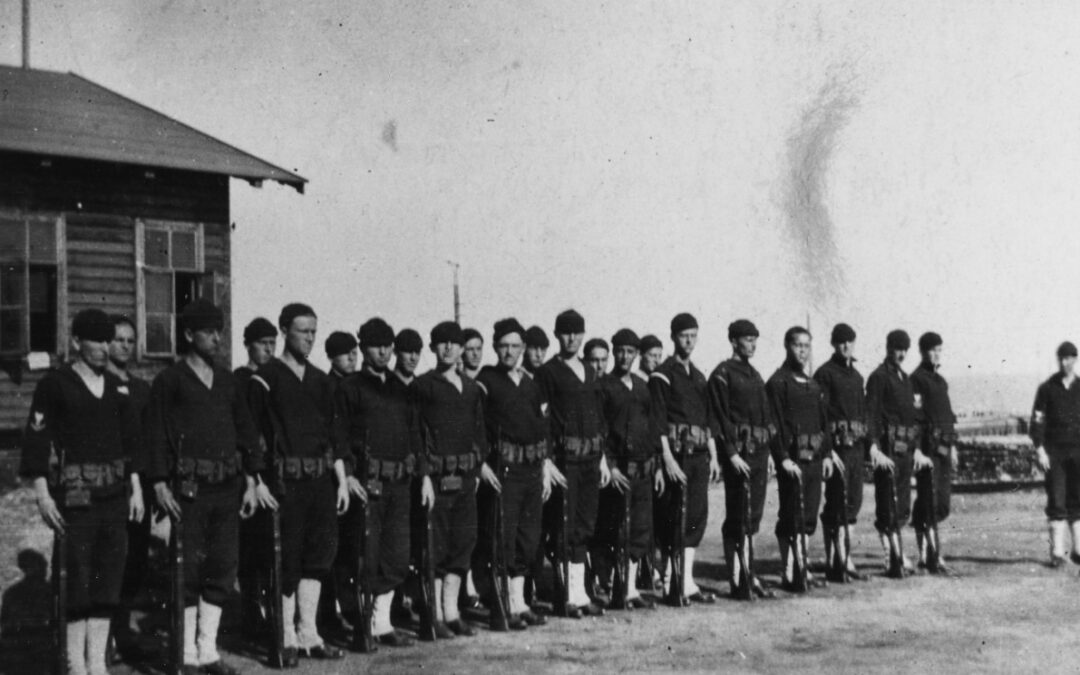
by Ciprian Stoleru | Jul 2, 2020 | Russian Empire, World War I in 1918
One week after the signing of the armistice between Russia and the Central Powers, negotiations between the two sides for the signing of a peace treaty began in Brest-Litovsk. The Bolsheviks successfully insisted that the talks be public, something never seen before... 
by Ciprian Stoleru | Jun 22, 2020 | Russian Empire, World War I in 1918
French Prime Minister Georges Clemenceau was uncompromising in his attitude towards the Russian Bolsheviks. For Clemenceau, Lenin and Russia had betrayed the cause of the Allies, leaving France at the mercy of Germany. The conclusion of the Brest-Litovsk Peace Treaty... 
by Ciprian Stoleru | Jun 4, 2020 | Russian Empire, Treaty of Versailles
Winston Churchill, who during the 1919 Paris Peace Conference was the British Secretary of State for War and Air, was one of the few Allied leaders who understood that Lenin and his Bolsheviks were a new phenomenon on the political scene and that, behind the Marxist... 
by Ciprian Stoleru | Jun 2, 2020 | Hungary, Russian Empire
The installation of the Bolsheviks at the helm of Russia in late 1917 would pose a real danger to Eastern European countries, but the virus continued to spread to other European countries. How much of a threat was Bolshevism to the victors of the First World War,... 
by admin | May 29, 2020 | Russian Empire, World War I in 1918
In 1918 the United States entered the Russian Civil War on the side of the so-called “Whites,” anti-Bolshevik counterrevolutionaries. This essay explores the decision to intervene at Murmansk and then Archangel, the U.S. Navy’s role in the operations, and the ultimate... 
by Ciprian Stoleru | May 27, 2020 | Russian Empire
The signing of the armistice in Brest-Litovsk between the Russian Bolsheviks and the Central Powers forced the Allies to intervene militarily in Bolshevik Russia. Although they knew little about the Bolsheviks, the Allies feared that Germany would have access to...






